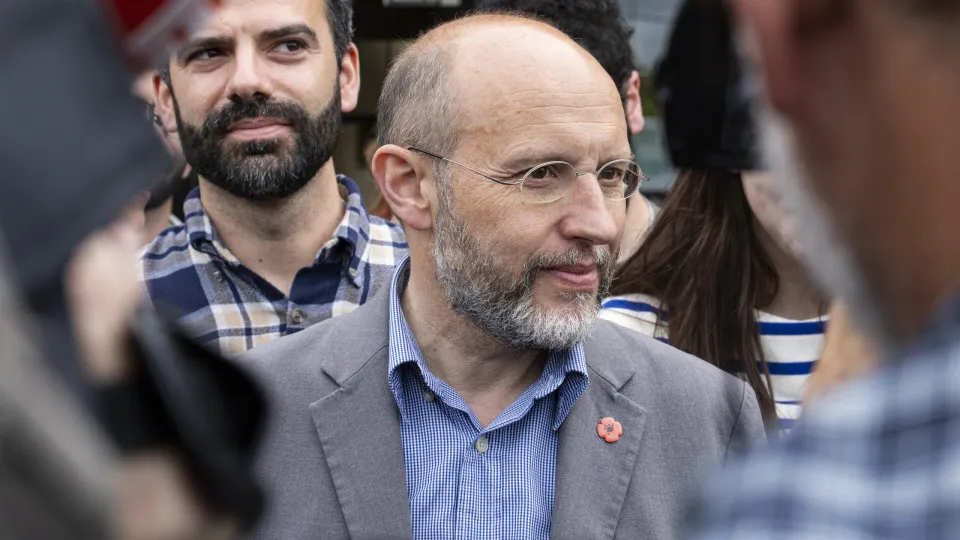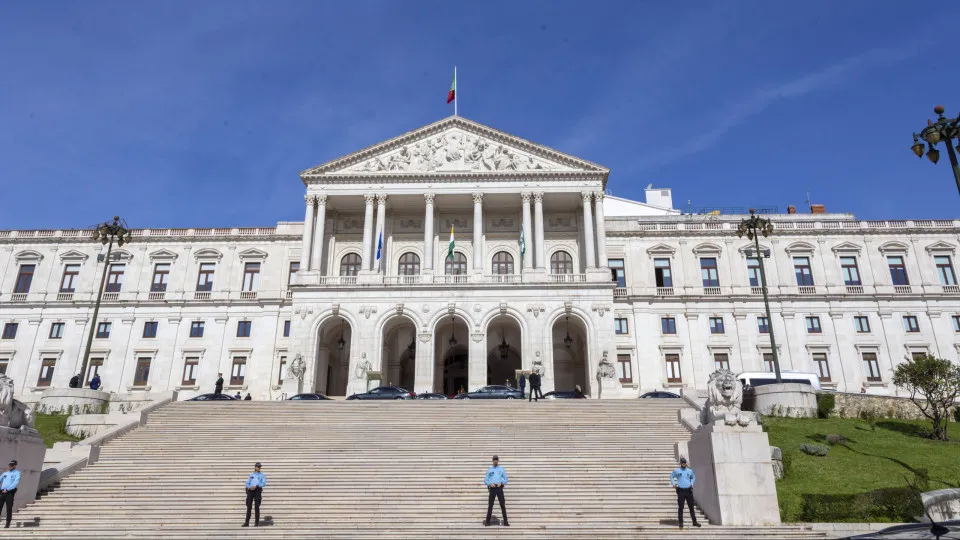
“What the Government calls budget riders, we call helping people. If the PS and possibly Chega withdraw, through their negotiations, from directly helping people in general, Livre does not give up,” said spokesperson Rui Tavares at a press conference in the Assembly of the Republic.
On the day the parliament begins the general discussion of the State Budget proposal for 2026, already assured of approval with the PS’s abstention, Livre has already advanced some proposed amendments to the document that it intends to submit in the detailed review stage.
Led by Rui Tavares and Isabel Mendes Lopes, the party proposes 12 ideas for 12 months and 52 measures, one for each week of the coming year, including reducing VAT from 23% to 21% over four years, by half a percentage point starting in 2026.
“What we are aiming for is to lower the standard VAT rate, currently at 23% in Portugal, to 21% over four years, with approximately a 0.5% reduction per year. This measure has an impact that is less than 500 million euros per year,” explained deputy Patrícia Gonçalves.
The party also proposes raising the national minimum wage to reach 1,250 euros by 2029, aiming to align it with the Spanish minimum wage.
Another of Livre’s priorities involves creating a “National Housing Service,” a structure that, according to the parliamentary leader, Isabel Mendes Lopes, would focus on “ensuring that houses are available and priced accessibly,” innovating in construction methods to build at lower costs, she exemplified.
In this area, the party insists on the ‘3 C — House, Comfort, and Climate’ program aimed at combating energy poverty, a project it wants to see resumed.
Another priority Livre has been presenting in various budget processes is implementing a four-day workweek test, both in the private and public sectors.
“For us, it’s quite incomprehensible that the Government doesn’t even want to test the four-day week and ensure that people can have access to more time. It’s even more inexplicable when the regional government of the Azores is set to start a pilot project in the Public Administration by 2026,” criticized Isabel Mendes Lopes.
The party insists on creating a social inheritance—a “nest egg” of about 5,000 euros to be granted to all babies born in the country—and also desires to strengthen the resources of the SNS 24 line.
Isabel Mendes Lopes further highlighted that the party wants parents of children “with cancer or chronic illnesses” to have the right to a subsidy corresponding to 100% of their salary and desires unemployment benefits for citizens accompanying spouses who accept job opportunities in interior or less populated areas.
When questioned about the budgetary impact of these measures, Isabel Mendes Lopes stated that the party is still “fine-tuning” the proposals but assured that “each proposed spending increase” is paired with a “cut in the spending increase proposed by the Government,” citing the example of reducing the executive’s corporate tax rate or eliminating tax benefits for non-residents.
In contrast, Livre proposes taxing “the ultra-rich” and “re-evaluating the Young IMT,” aiming to achieve greater “social justice.”
The party’s voting intention in the general sense will be decided tonight at a meeting of the party’s Assembly, the highest body between congresses, but when asked about the inclination of the parliamentary group, Isabel Mendes Lopes replied that “it’s no secret that Livre’s vision and this Government’s vision for the country are totally opposite.”
Rui Tavares also emphasized that there is “currently a right-wing majority governing the country and this right-wing majority needs an opposition.”
“Livre will be that opposition,” he stressed, reiterating the importance of the detailed review process and the role of parliament during this period.




